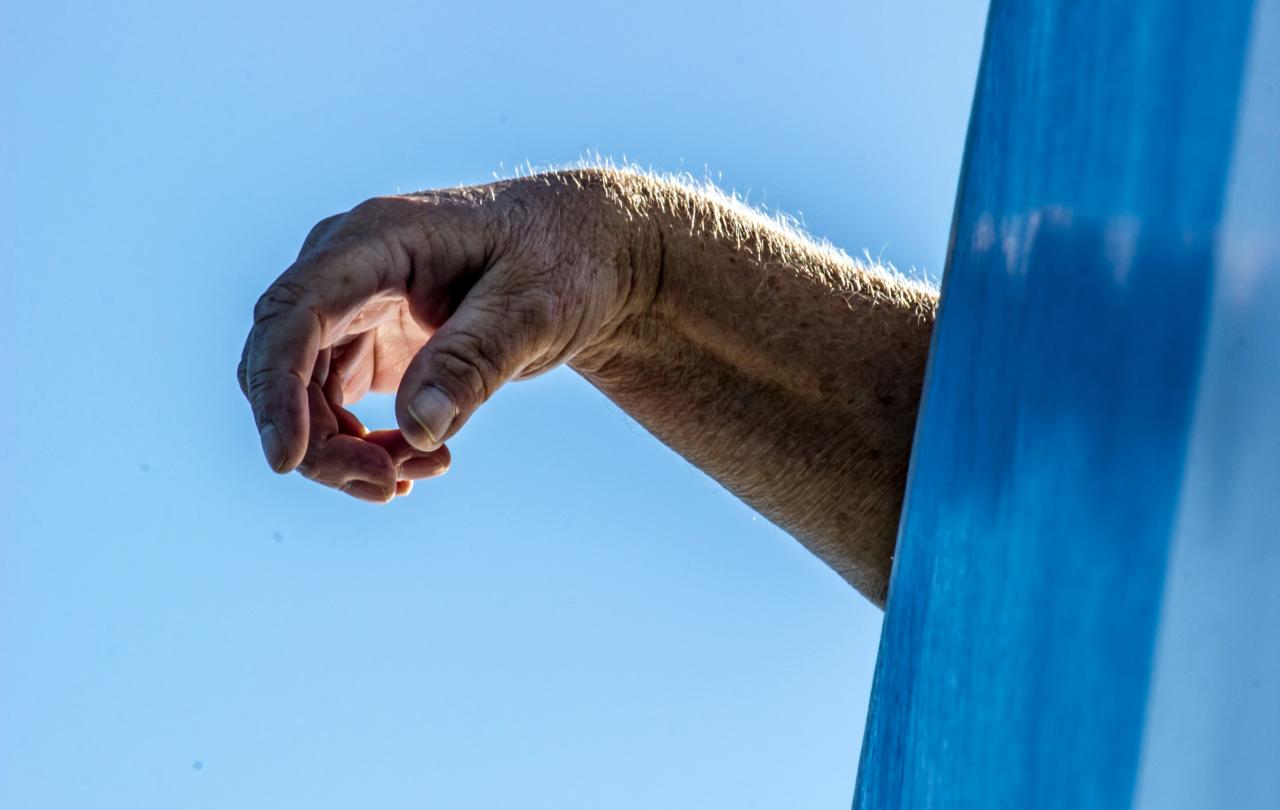
It’s no secret that fame is a poisoned chalice. Those reading about Liam Payne, the former One Direction star who died last week, will have noticed the theme: denied privacy, loaded with unbearable expectations, in a milieu where illegal substances were too much to hand - what chance did he have? The word ‘tragedy’ is scattered across multiple headlines.
One young Telegraph writer sees it as a generational trauma: “our first celebrity-induced reminder that life can be cruel, and fleeting”. Formerly Elvis, or John Lennon, now Payne; plus ça change. But what really haunts our society about Payne’s death is not a feeling it was unavoidable. It is, rather, our guilt: did we do this? Our rapacious appetites, consumer needs, and reckless licensing of rock-’n-roll form - did we tie this teen idol to the sacrificial altar?
Religious language is not inappropriate: thousands in cities around the world are holding vigils to Payne’s memory, and these shrines would have interested René Girard, who had a theory about how society works. While staying “a few pages ahead of the students” in French novels at Indiana University during the late 1950s, Girard noticed that humans want things, but not because of innate desires. We want things because other humans want them. There is always this undercurrent of rivalry to our world, even amongst close friends - in fact, especially for those whose goals are most similar.
What becomes of this collective aggression? It has to be banished through scapegoating. It’s everyone against one; a victim is butchered. For Girard, culture is what happens when a group achieves temporary peace in the wake of a sacrificial death. The bubble of built-up tension has burst, and an epoch of nonviolence means we get on with civilisation. We raise the kids, build some structures, or write a poem.
Religious mourning for Payne reveals these sacrificial contours of our culture. We want the celebrity world to exist, for its fantasies, desirable bodies, and danger. But it returns terrible violence - exploitation, harassment, and rejection (Payne’s own solo career had not kept him at the thrilling toppermost of the chart). The death of a victim sobers us up, momentarily, from our intoxication. But how long until we repeat it again?
Girard converted to Catholicism in 1959, after he encountered in the Gospels a religion that acknowledged these human trends, and offered a solution. It still required imitation - of Jesus Christ - but without the threat of rivalry. But in the crucifixion was a scapegoating that did not seem to leave things open to repetition. It had finished something, for good. Sunday morning yielded a new kind of peace.





